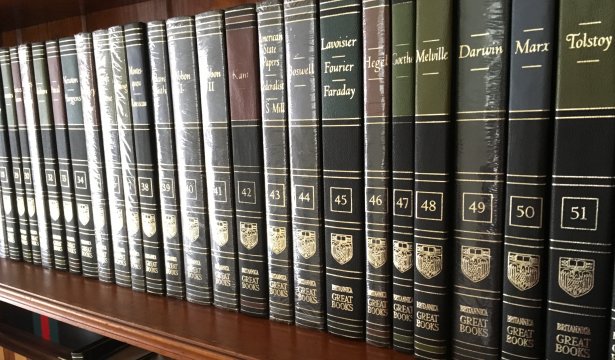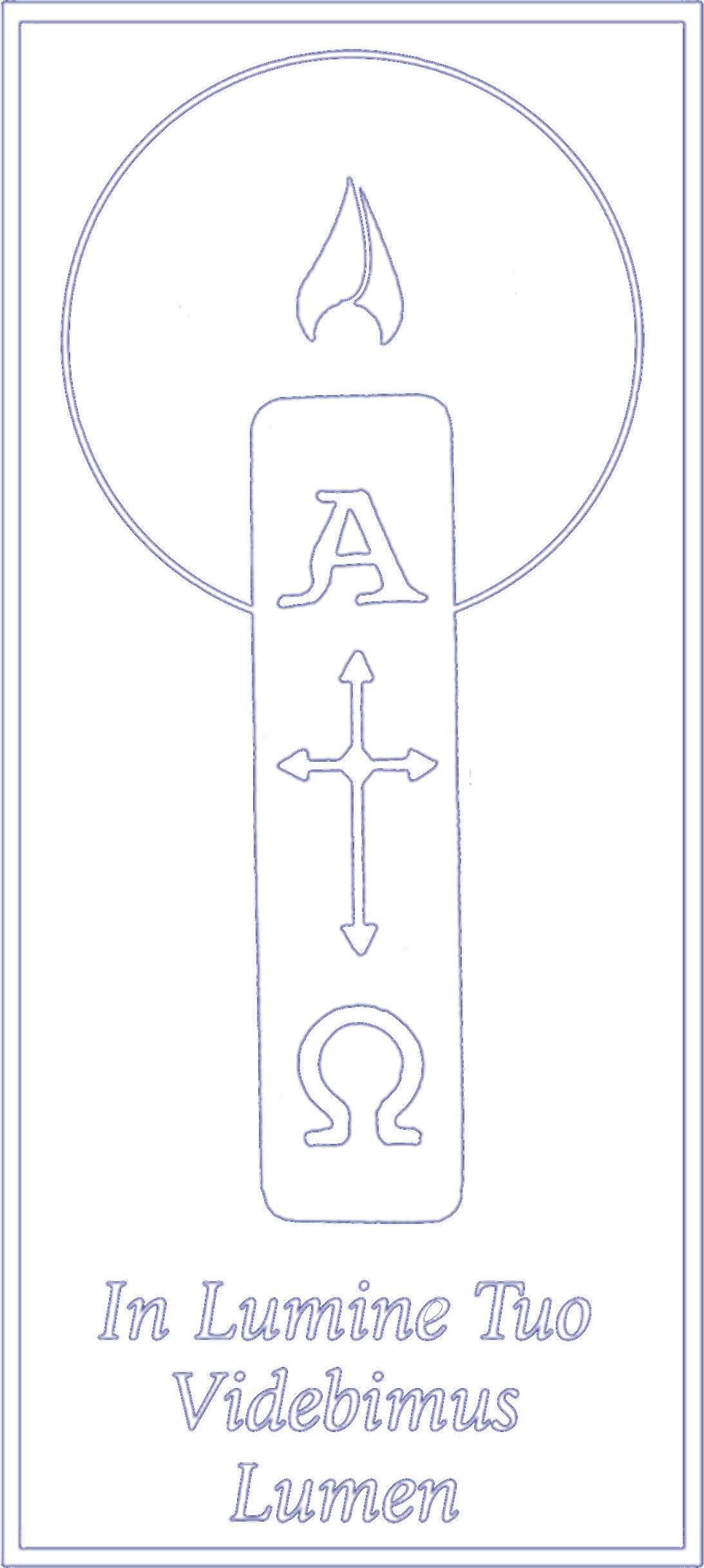Achievement and the Christian Life: What is Education For?

REGISTER HERE
What is achievement? What is success? Does the human desire for achievement or success have a natural end, or is it restless and never-satisfied? In other words, what do we understand human fulfillment to be, and how does our university education contribute to that fulfillment?
In this lunch time discussion, Elizabeth Corey, professor of political philosophy and director of the Honors Program at Baylor University, will suggest two ways of being human in the world: the culture of achievement and the culture of love. Guided by insights drawn from sources as wide as the Odyssey, the Nichomachean Ethics, Dorothy Sayers, and Albert Camus, Prof. Corey will discuss the purpose of a liberal education and the possible means of reconciling achievement with love.
Open to Students. Undergraduates are particularly encouraged to attend. A brief reading will be sent to registrants beforehand
Part II of the Winter 2020 Great Books and the Christian Tradition seminar series.
---
Great Books and the Christian Tradition
From the School of Alexandria and the reading of Scripture in the Monasteries, through the re-formulation of the Liberal Arts in the medieval schools and universities, in the renewal of the tradition that included Petrarch, Erasmus, John Henry Newman, and Ressourcement, the development of the Liberal Arts Tradition has been intertwined with Christian thought. This series highlights the connection between the Liberal Arts and the Christian Intellectual Tradition and aims to recover the humanistic and contemplative spirit of a truly liberal education.
Other seminars in the series include:
I. Are the Great Books Good for us? Liberal Education and the Christian Tradition





